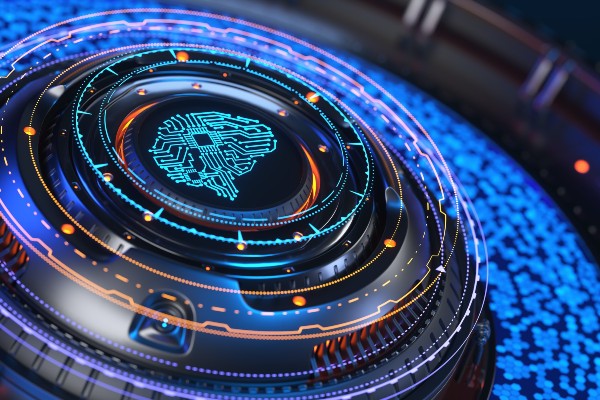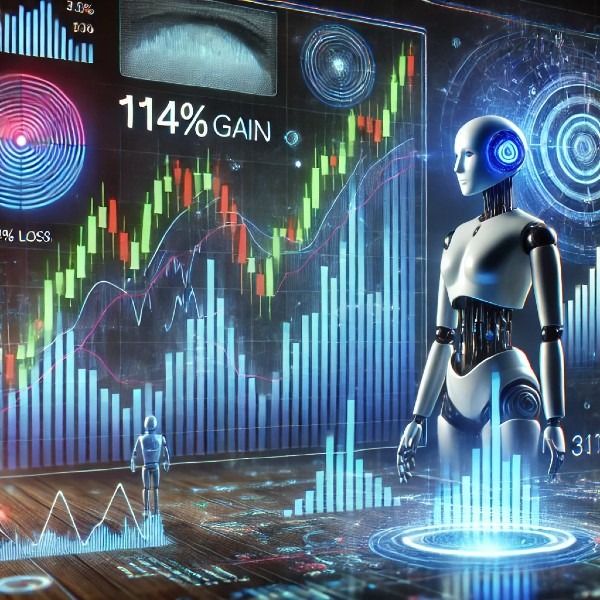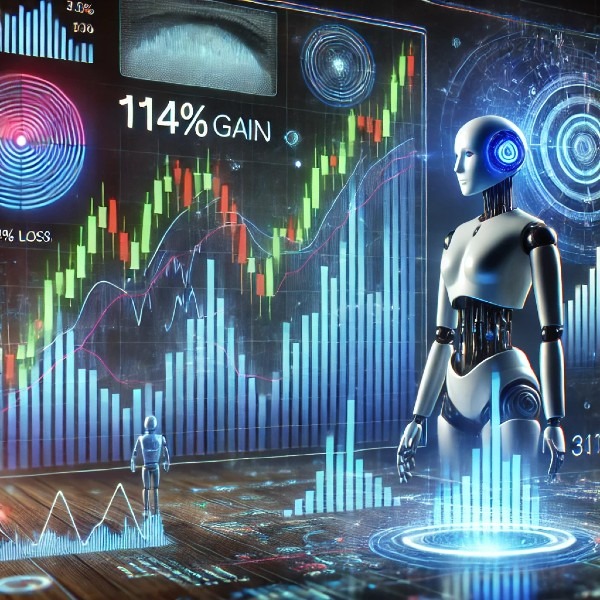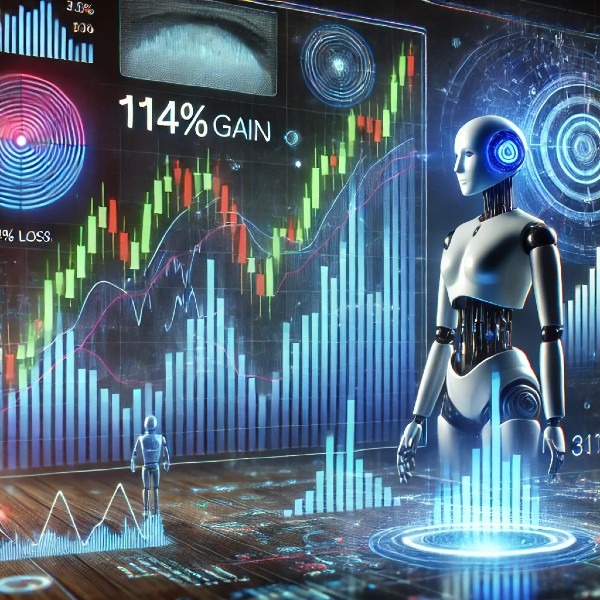In the world of technology, “Black Box AI” often sounds mysterious and complex, but it’s actually a crucial part of modern tech. Black Box AI refers to a type of artificial intelligence where the decision-making process is not entirely clear or understood. This blog post is designed to explain Black Box AI in simple terms, making it understandable even for someone with an eighth-grade education.
We’ll explore how Black Box AI impacts various areas like marketing, its influence on the general public, advancements in computer vision, and how it’s shaping the future of work. By the end of this post, you’ll have a clearer understanding of what Black Box AI is, its applications, and its importance in today’s tech-driven world.
Marketing and Black Box AI
Transforming Advertising Strategies
In marketing, Black Box AI is a game-changer. It analyzes large amounts of data to predict what customers might like, helping companies create targeted and effective advertising campaigns. This technology enables businesses to reach the right audience with the right message, enhancing both efficiency and customer satisfaction.
Personalization vs. Privacy
However, the use of Black Box AI in marketing raises important privacy concerns. While it allows for personalized advertising, it also means companies have vast amounts of data about individuals’ preferences. Balancing effective marketing with respecting consumer privacy is a key challenge in this field.
General Public and Black Box AI
AI in Everyday Life
For the general public, Black Box AI is increasingly becoming a part of daily life, often without most people even realizing it. From smart home devices to personalized content recommendations on streaming services, AI is making services more convenient and tailored to individual preferences.
Awareness and Understanding
Yet, there’s a gap in understanding Black Box AI among the general public. Many people use AI-enabled services but aren’t aware of how their data is being used or the potential implications. As AI becomes more prevalent, raising awareness and understanding of these technologies is crucial.
Computer Vision and Black Box AI
Enhancing Machine Perception
Computer Vision, a field where machines are taught to interpret visual information, is being significantly advanced by Black Box AI. This technology enables computers to recognize objects, understand scenes, and even interpret emotions in images and videos, much like humans do.
Ethical Implications
The advancement in computer vision, however, brings ethical considerations to the forefront. Issues around privacy, consent, and the appropriate use of facial recognition technology are increasingly important. Ensuring ethical use of AI in computer vision is vital for its positive development.
Myths vs. Facts about Black Box AI
Debunking Misconceptions
There are several myths about Black Box AI. One common myth is that it is always secretive and unpredictable. However, Black Box AI can be incredibly beneficial and safe when developed and used with proper guidelines. The ‘black box’ term refers more to the complexity of the AI’s decision-making process than to any inherent danger.
Unveiling the Truth
Another myth is that Black Box AI is too complex for anyone but experts to understand. While the inner workings of these AI systems can be intricate, the basic concept of using AI to analyze data and make decisions is not overly complicated. With the right explanation, the basics of Black Box AI can be understood by a wider audience.
FAQ
Answering Your Questions
What is Black Box AI? Black Box AI refers to AI systems where the decision-making process is not fully visible or understood. It’s like a machine that can make decisions, but how it arrives at those decisions isn’t completely clear.
Why is Black Box AI important? Black Box AI is important because it enables complex tasks to be handled efficiently and quickly. It’s used in various fields, improving services and creating new opportunities.
Can Black Box AI be trusted? Trust in Black Box AI depends on how it’s developed and used. Transparency and ethical development are key to building trust in these AI systems.
How is Black Box AI used in everyday life? Black Box AI is used in many ways, such as in online recommendation systems, smart assistants, and even in self-driving cars. It’s becoming an integral part of the technology we use daily.
What are the risks of Black Box AI? Risks include potential biases in decision-making, lack of transparency, and privacy concerns. Addressing these challenges is crucial for the responsible use of AI.
Google Snippets
Quick Insights
Black Box AI: AI systems with decision-making processes that are not fully transparent, used in various industries for complex decision-making.
Future of Work: How jobs and workplaces are evolving due to advancements in technology like AI, affecting how we work and what skills are needed.
AI in Computer Vision: The use of AI to enable machines to interpret and understand visual information from the world around them.
Black Box AI Meaning
Explained from Different Perspectives
Technical Perspective: Black Box AI involves AI systems where the inputs and outputs are known, but the process of reaching these conclusions is not fully transparent.
Simplified Explanation: For most people, Black Box AI is like a smart system that makes decisions or performs tasks without showing how it does it.
Ethical Viewpoint: From an ethical standpoint, Black Box AI raises questions about transparency and accountability in AI decision-making, especially in critical applications.
Did You Know?
Interesting Facts about Black Box AI
AI in Healthcare: Black Box AI is being used to diagnose diseases and suggest treatments, sometimes more accurately than human doctors.
AI in Environmental Conservation: AI helps in monitoring and protecting the environment, analyzing data to track climate change and wildlife.
AI in Creative Industries: Black Box AI is also being used to create art and music, challenging our ideas of creativity and artistry.
Black Box AI is a fascinating and influential part of modern technology. It’s reshaping marketing, affecting the general public, advancing computer vision, and playing a crucial role in the future of work. Understanding Black Box AI helps us appreciate its capabilities and navigate its complexities responsibly.
As Black Box AI continues to evolve, staying informed and engaged with its development and applications is vital. This technology has the potential to significantly improve our lives, but it’s up to us to ensure it’s used in ways that are beneficial and ethical. Black Box AI might seem complex, but its impact on our world is significant and growing.
References
- Explainable AI that uses counterfactual paths generated by conditional permutations of features. This method is used to measure feature importance by identifying sequential permutations of features that significantly alter the model’s output. The paper discusses the evaluation strategy of comparing the feature importance scores computed by explainers with the model-intern Gini impurity scores generated by the random forest, which is considered as ground truth in the study.
- Thinkful offers insights on how to address the “black box” problem in AI through Explainable AI (XAI) and transparency models. They discuss techniques like Feature Importance Analysis, Local Interpretable Model-agnostic Explanations (LIME), SHapley Additive exPlanations (SHAP), Model Distillation, and Decision Rules, which are designed to make AI models more interpretable and transparent. This is especially important in applications where decisions can have far-reaching consequences, such as healthcare or finance
- Superb AI‘s blog discusses the challenges of the reliability of AI and its adoption into society, given the opaque nature of black box models. The widespread use of AI technologies presents issues related to data bias, lack of transparency, and potential infringement on human rights. The article addresses how Explainable AI is crucial for building AI systems that are not only powerful but also trustworthy and accountable.








